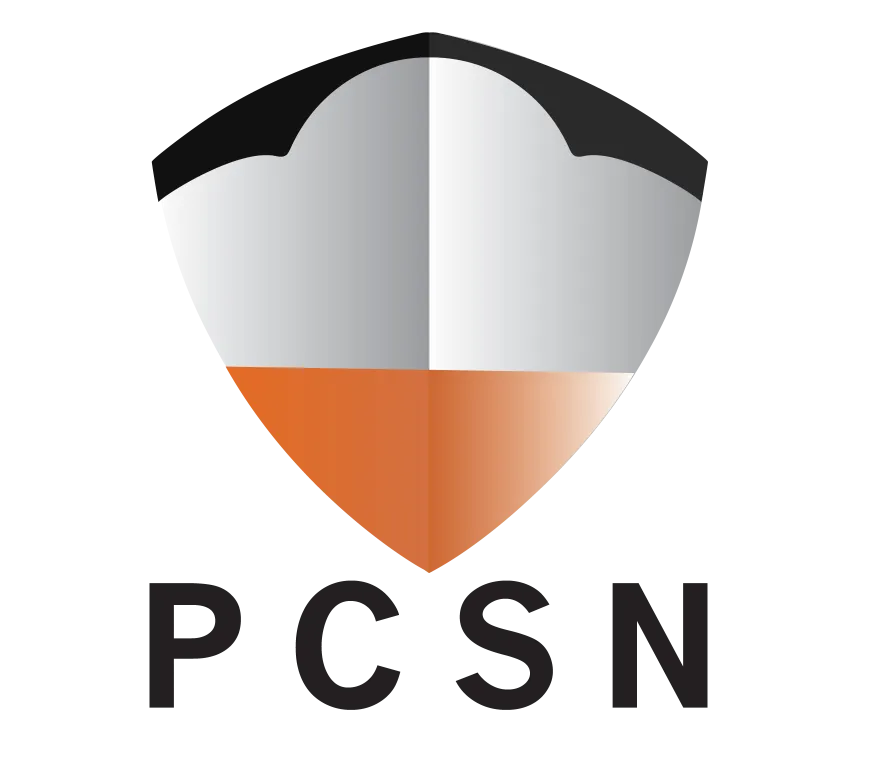August 18, 2025
While you and your team may be returning from vacation, cybercriminals remain relentlessly active. Research from ProofPoint and Check Point reveals a notable surge in phishing attacks during summer months. Here’s how to stay vigilant and safeguard your business.
Why Are Cyber Threats Rising in Summer?
Cyber attackers exploit the summer travel season by mimicking popular hotel and Airbnb sites, according to Check Point Research. They've identified a 55% rise in newly registered travel-related domains in May 2025 compared to last year, with over 39,000 domains created—1 in 21 flagged as malicious or suspicious.
Additionally, the back-to-school period triggers an increase in phishing emails impersonating universities, targeting students and staff alike. Even if your industry isn’t directly affected, employees checking personal emails on work devices can inadvertently expose your entire business network to risk with a single click.
How to Protect Your Business
Although AI enhances cybersecurity defenses, it also empowers cybercriminals to craft more convincing phishing scams. Educating yourself and your team to recognize red flags is critical to preventing attacks.
Follow these essential safety tips to reduce your risk:
• Vigilantly scrutinize suspicious emails. Don’t rely solely on spotting spelling errors or awkward phrasing—AI can generate polished messages. Always verify the sender’s email address and inspect visible link text for authenticity.
• Verify URLs carefully. Watch for misspelled links or uncommon domain extensions like .today or .info, which are often linked to scams.
• Access websites directly. Instead of clicking links in emails or messages, type the website address into your browser to avoid phishing traps.
• Enable Multifactor Authentication (MFA). MFA adds an extra security layer, protecting your accounts and sensitive data even if credentials are compromised.
• Use caution on public WiFi. If you must connect via public networks, employ a VPN to secure your data when handling sensitive information like bookings or banking.
• Keep personal emails off company devices. Mixing personal and work accounts on business devices increases vulnerability. Maintain separate devices for personal and professional use.
• Consult your MSP about endpoint security. Endpoint Detection and Response (EDR) tools monitor devices, block phishing attempts, and alert your MSP immediately if a breach occurs, minimizing data exposure.
Phishing threats grow increasingly sophisticated, accelerated by AI advancements. The best defense is a well-informed team equipped with up-to-date knowledge. Stay alert and protect your business!
Kick off the season with confidence—click here or call us at 281-402-2620 to schedule your FREE 15-Minute Discovery Call today.




